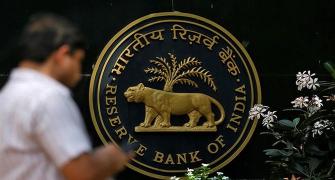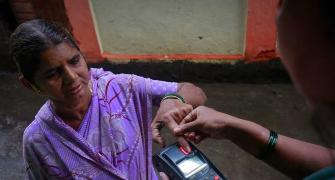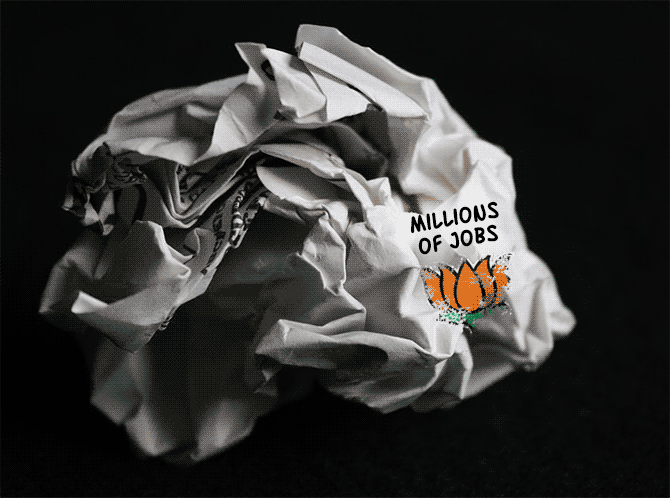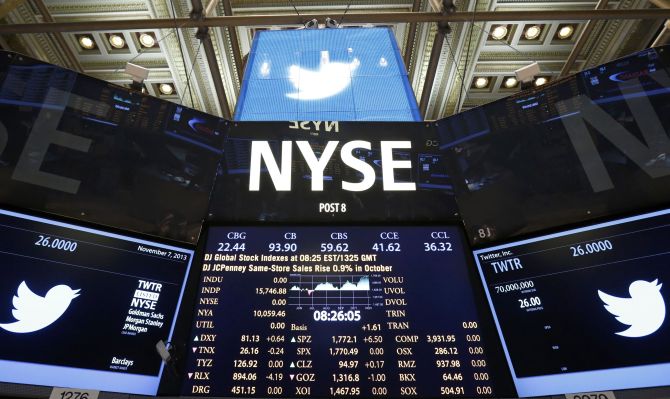While sales momentum from rural areas may last another three to six months, sales growth in urban areas could stage a comeback by next year’s June quarter as people learn to live with the coronavirus and economic activity gradually improves in the cities.
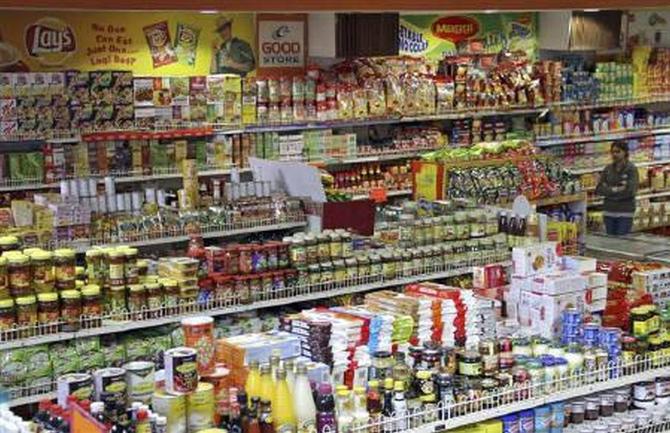
At a time when urban India has been reeling under the impact of the Covid-19 pandemic, rural India has spurred the growth for fast-moving consumer goods (FMCG) companies.
The September quarter results of most FMCG companies reflect this trend, with rural sales growth outstripping that in urban areas by a wide margin.
Analysts say that while the sales momentum from rural areas may last another three to six months, sales growth in urban areas could stage a comeback by next year’s June quarter as people learn to live with the coronavirus and economic activity gradually improves in the cities.
Urban areas contribute as much as 60-65 per cent of the sales of FMCG companies while rural areas account for 35-40 per cent.
This makes the former a critical component of a firm’s top line.
Therefore, the sooner the recovery takes place in urban areas, the better it is for the FMCG sector, say experts.
“This year rural areas have gained from a good monsoon, higher minimum support prices in some states, reverse migration and the government’s overall welfare push in the villages,” says G Chokkalingam, founder, Equinomics Research and Advisory.
“But as the economy unlocks and job uncertainty reduces in the cities, urban growth will also improve.
"This could happen by the June quarter of the next financial year,” he says.
Sachin Bobade, vice-president, Research, at brokerage firm Dolat Capital, says that next year FMCG companies will benefit from the low base on the urban side of their business, thereby pushing up urban growth.
Rural FMCG growth this year has benefitted from a low base, since in the corresponding period last year, rural India had grown at its slowest pace in seven years.
There was much distress due to floods and a liquidity crisis, all of which took a toll on FMCG sales in rural areas and resulted in a weakness similar to the one in urban India this year due to restricted consumer spending on account of the pandemic.
The segments most impacted in urban areas include discretionary and out-of-home categories, though companies say that the scenario will improve as the economy looks up.
“Urban is looking a little uncertain at this point. While it is difficult to estimate market growth, we remain cautiously optimistic,” Sanjiv Mehta, chairman and managing director, Hindustan Unilever (HUL), said in a post-results media briefing last week.
Suresh Narayanan, chairman and managing director, Nestle India, said, “The rural-urban growth divide will narrow as we go forward with relative normalcy in urban centres.”
Market research agency Nielsen has said that the sales outlook for urban areas will improve as the chances of getting a vaccine for Covid-19 grows.
The government has indicated that a vaccine should be available in the country by the first quarter of 2021, though some experts believe that the rollout will take much longer.
Also, administering the vaccine to the masses will take time, they say.
Even so, the discovery of a safe and effective vaccine could come as a huge relief to consumers, especially in urban centres, which have been hit hard by surging Covid-19 cases.
Rural strategy
For now, companies are turning to the hinterlands, broad-basing their low-unit pack strategy and expanding their rural distribution by adding more field force and distributors to improve penetration.
Varun Berry, managing director, Britannia Industries, said that the company wanted to take its Rs 5 packs across its brand portfolio to push these products into rural areas.
Parveen Dalal, sales director, Mondelez India, added that the company was monitoring the consumption index across villages.
The aim was to identify the places where the demand for its products was higher so the sales and marketing efforts in these areas can be further stepped up.
Photograph: Pawan Kumar/Reuters


